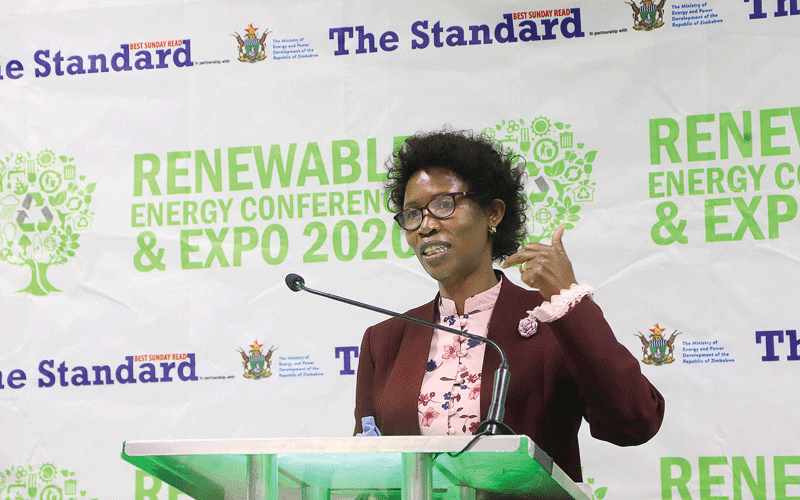
THE Southern Africa region is at a critical juncture, facing pressing water and energy challenges as a result of climate change.
Energy and Power Development permanent secretary Gloria Magombo highlighted the significance of these resources during the ongoing 43rd joint meeting of Sadc ministers responsible for Energy and Water being held in Harare.
Magombo described the gathering as “a clarion call to action” amid a “triple crisis” of rapid population growth, rising energy and water demand and intensifying climate change impacts.
“Water and energy are not merely resources and services; these are the very lifeblood of our economies, the foundation and anchor of public health and the cornerstone upon which sustainable development can be built,” she said.
Magombo highlighted the severe impact of climate change on the region, citing the drastic drop in hydropower generation at Kariba Dam shared equally between Zimbabwe and Zambia to below 25% capacity.
“Climate change is a reality . . . Zimbabwe has not been spared from these extreme events and hence the need for preparedness and collaborated efforts,” she said.
“As a country, water management and energy supply security are pivotal towards our aspiration of achieving an empowered and prosperous upper-middle-income society by 2030.”
Zimbabwe has not been spared from extreme events and the need for preparedness and collaborated efforts in water resources and energy infrastructure management is critical.
- Mavhunga puts DeMbare into Chibuku quarterfinals
- Bulls to charge into Zimbabwe gold stocks
- Ndiraya concerned as goals dry up
- Letters: How solar power is transforming African farms
Keep Reading
The energy sector has suffered immensely from adverse climate impacts, particularly in hydropower production.
Magombo commended Sadc for the existing collaboration in power trading through the regional power infrastructure interconnection in the Southern African Power Pool and the work in progress to interconnect to the East African Power Pool.
Zimbabwe’s geographic positioning makes it strategic for regional collaboration in energy infrastructure facilities, including the transportation of fuel through pipelines from Beira and the storage facility.
“The endowment of the region with critical energy transition minerals should be a blessing and not a curse,” she said.
The joint meeting is an opportunity for the region to collectively strategise on how to translate into reality the aspirations of Agenda 2063.










